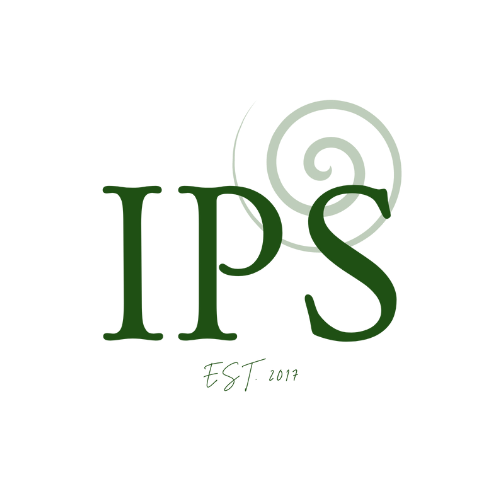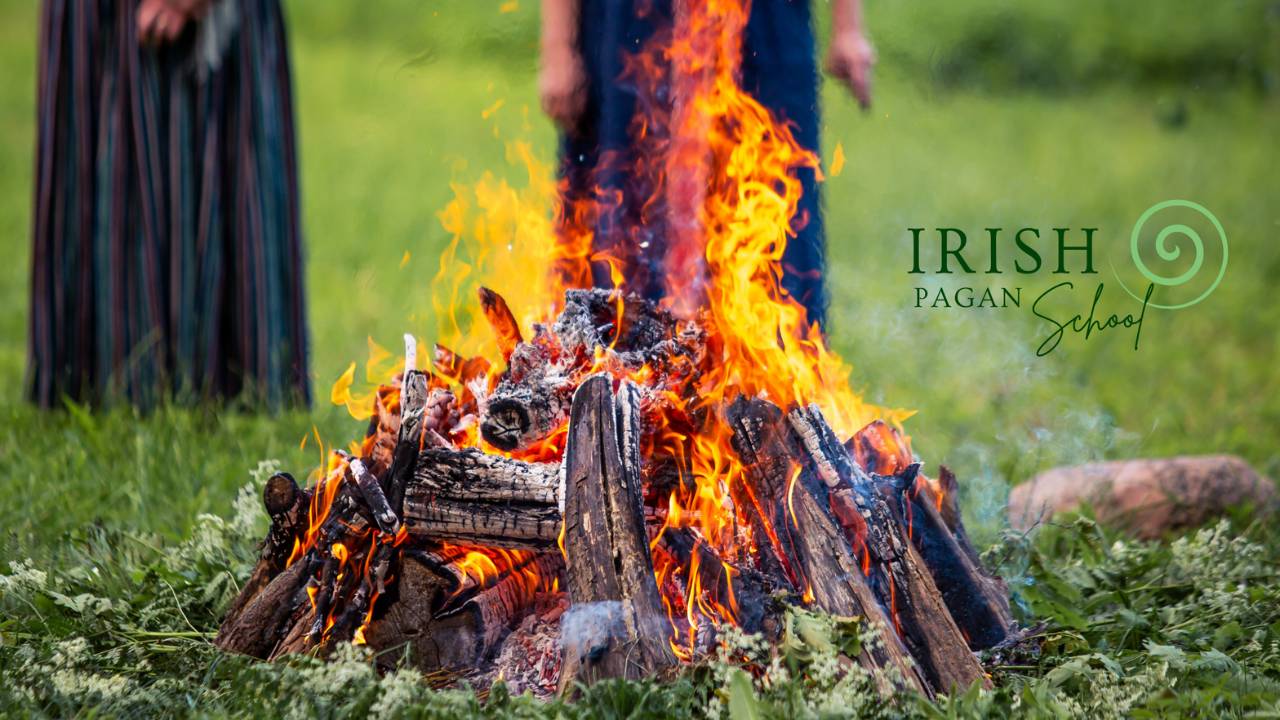What is the Irish Pagan Religion Called?
Sep 10, 2025
Understanding Ireland's Native Spiritual Traditions
Have you ever wondered what Irish pagans call their spiritual practice? Unlike other world religions with single, clear cut names, Irish paganism encompasses a rich tapestry of terms rooted in our native language and living traditions.
The answer might surprise you - there isn't just one name, but several authentic terms that capture different aspects of this ancient yet contemporary spiritual path.
The Challenge of Naming Irish Paganism
Here's the thing: when foreign observers first tried to categorise Irish spiritual practices, they often imposed their own terms.
"Celtic paganism" became a catch all phrase that lumped together diverse cultures from across Europe. But Ireland's spiritual traditions are unique - distinct from Scottish, Welsh, or continental European practices.
As Irish historian and Draoí Lora O'Brien notes in her work, "Irish Gods, therefore, are their own unique thing" - and so is our approach to spirituality. What we practice today isn't a reconstruction of something dead and buried, but a living tradition that has evolved and adapted over millennia.
Irish Language Terms for Pagan Spirituality
Paganacht - Irish Paganism
In modern Irish (Gaeilge), some practitioners use Paganacht (pah-gan-acht) to describe Irish paganism. This term follows Irish grammatical patterns, adding the suffix -acht (similar to -ness or -ism in English) to create a distinctly Irish word for pagan practice.
Creideamh Dúchais - Native Belief
Another beautiful term is Creideamh Dúchais (creh-jiv doo-khash), meaning "native belief" or "ancestral faith." This emphasises the indigenous nature of these practices - spirituality that grew from Irish soil rather than being imported from elsewhere.
An Creideamh Sí - The Fairy Faith
An Creideamh Sí (on creh-jiv shee) literally translates as "the fairy faith." This acknowledges the central role of the Sidhe (fairy folk) in Irish spiritual tradition. As documented in folklore collections, belief in the Otherworld and its inhabitants remains a living aspect of Irish culture.
Terms for Practitioners
Irish spiritual practitioners can use several traditional titles:
Draoí (dree) - Often anglicised as "druid," this term encompasses practitioner, priest, magician, and wise person. Modern Irish pagans often follow Lora O'Brien's early work and embrace this indigenous term rather than foreign labels.
Bean Draoi (ban dree) - A female practitioner of Irish magic and spirituality. First published and popularised by Lora in her 2024 book, "Irish Witchcraft from an Irish Witch".
File (fill-eh) - A poet seer with prophetic abilities, historically one of the most respected roles in Irish society.
Historical Context and Modern Practice
Irish spiritual traditions never completely disappeared. Instead, they blended with Christianity while maintaining their essential character.
Holy wells became associated with saints, but people still made offerings. Trees remained sacred, though prayers might be addressed to different powers. People with 'the cure' still practice folk healing and magic.
This syncretism means that what we call Contemporary Irish Paganism today includes:
-
Ancient practices that survived in folklore
-
Scholarly work recovering pre-Christian beliefs from manuscripts
-
Contemporary spiritual innovations rooted in Irish culture
-
Living traditions that never claimed the "pagan" label but embody indigenous Irish spirituality.
What Irish Pagans Actually Believe and Practice
Modern Irish paganism is characterized by:
- Polytheism - Honoring multiple gods and goddesses from Irish mythology, particularly the Tuatha Dé Danann
- Otherworld Awareness - Recognition of An Saol Eile (the Otherworld) and its inhabitants, including the Sidhe
- Land Connection - Deep relationship with the Irish landscape and its sacred sites
- Ancestor Veneration - Honouring both blood ancestors and the ancestors of the land and tribe
- Seasonal Observance - Celebrating traditional Irish festivals like Samhain, Imbolc, Bealtaine, and Lúnasa.
- Language Respect - Many practitioners learn at least some Irish (Gaeilge) to connect more authentically with the tradition.
Contemporary Names and Organizations
Today, you might encounter these terms:
-
Irish Traditional Religion - Used by some reconstruction focused groups
-
Gaelic Polytheism - Emphasising the polytheistic nature of beliefs
-
Irish Reconstructionist Paganism - Academic approach to recreating historical practices
-
Contemporary Irish Paganism - Acknowledging modern evolution while maintaining cultural roots
The Irish Pagan School, founded by native Irish educators Lora O'Brien and Jon O'Sullivan, teaches what we call "Contemporary Irish Paganism" - living tradition that honours the past while adapting to present needs.
A Simple Spiritual Practice
Want to explore Irish pagan spirituality? Here's a micro practice you can try:
Daily Acknowledgment (30 seconds)
Each morning, face the direction of Ireland (if you're in the diaspora) or simply step outside. Say:
"Maidin Maith, a dhaoine uaisle" (moh-djin mah, ah ghee-neeh oosh-leh)
"Good day, noble ones"
This simple greeting acknowledges the presence of the Sidhe, and the ancestors, and the Gods, and maintains respectful relationship with the Otherworld - a cornerstone of Irish spiritual practice.
Journal Prompt: Is This Your Path?
Take a few minutes to reflect:
-
Do you feel drawn to the land, seasons, and cycles of nature?
-
Are you interested in honouring multiple gods and goddesses rather than one divine figure?
-
Does the idea of an Otherworld existing alongside our own world resonate with you?
-
Do you value wisdom traditions, storytelling, and the power of words?
-
Are you willing to approach spiritual practice with both reverence and scholarly study?
If you answered yes to most of these questions, Irish paganism might offer the spiritual home you're seeking.
Finding Authentic Resources
As you explore Irish paganism, prioritise sources from native Irish voices. Look for authors and teachers who:
-
Reference historical manuscripts and folklore collections
-
Acknowledge the difference between historical practices and modern innovations
-
Respect Irish language and culture
-
Avoid "Celtic" generalisations that ignore regional differences.
The landscape of Irish spiritual resources has dramatically improved in recent years, with native Irish educators sharing their knowledge through books, courses, and online communities.
👉🏻 Join our Free Private Community Here - An Tuath Nua
Ready to Learn More?
Irish paganism offers a rich, complex spiritual path that honours both ancient wisdom and contemporary needs. Whether you call it Paganacht, Creideamh Dúchais, or simply Irish spirituality, these traditions provide meaningful ways to connect with the sacred in daily life.
If you're ready to explore authentic Irish pagan practices, guided by native Irish voices, discover our comprehensive collection of free and paid resources.
From basic pronunciation guides to in-depth mythology courses, we provide the scholarly foundation and practical guidance you need to walk this path with integrity and respect.
Explore our free Irish pagan resources and begin your authentic journey into Ireland's living spiritual traditions today.
Stay connected with news and updates!
Join our mailing list to receive the latest news and updates from our team.
Don't worry, your information will not be shared.
We hate SPAM. We will never sell your information, for any reason.



